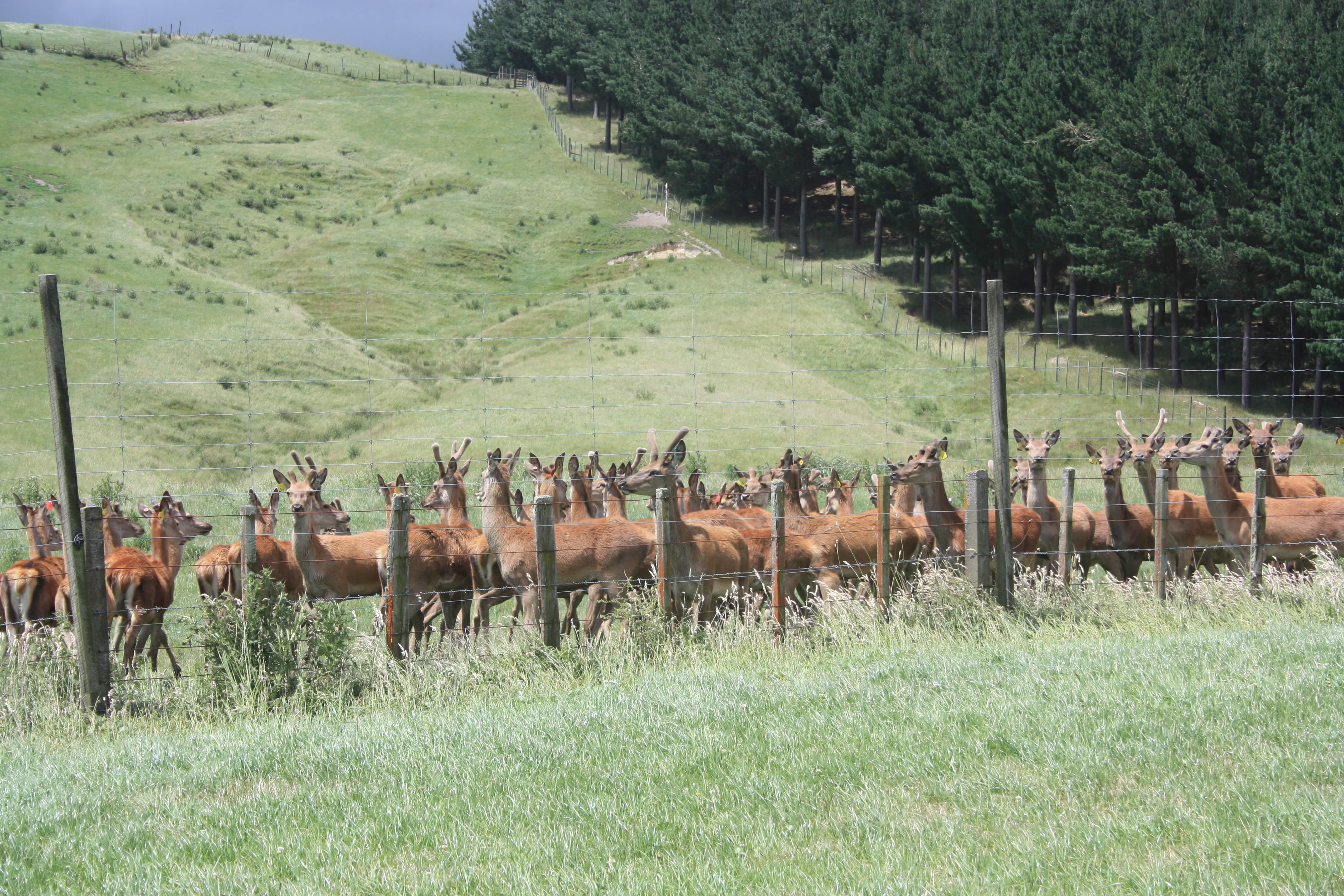Dec 19 2017
LANDLORDS AND TENANTS MUST FOLLOW NEW SPORTING CODES TO AVOID CONFLICT
Scottish Tenant Farmers Association
News Release
1st November 2017
LANDLORDS AND TENANTS MUST FOLLOW NEW SPORTING CODES TO AVOID CONFLICT
The Scottish Tenant Farmers Association has welcomed the latest Code of Practice on Sporting Rights on tenanted farms as a timely reminder of the potential disputes that invariably arise where there is dual land use by agricultural and sporting tenants. The Tenant Farming Commissioner, Bob McIntosh has just issued his third code of practice for the management of relationships between agricultural tenants and those exercising sporting rights over tenanted land.
Commenting on the latest code of practice STFA Director Angus McCall said; “Generally speaking, the impact of game sports is felt most acutely on lowground and upland farms where pheasants are introduced into rough cover to provide shooting for sporting tenants. The occupying tenant farmer, depending on the farm to make a living, understandably feels that agricultural production is the main purpose of the lease and sporting activities should take second place and fit in with farming practices. Problems have increased in recent years as the income from sport has become more important to landowners and pheasant numbers have risen. Over-enthusiastic gamekeepers, eager to provide good sport for their clients can make matters worse. The law provides redress for game damage to crops but the conflicts between agricultural and sporting tenants are less easy to resolve.
“However, tenant farmers must accept the value which sporting activities may have for the landlord and his right to exercise them and be prepared to co-operate with the sporting enterprise and arrange farming activities accordingly. In return, sporting landlords should treat farming interests with consideration and respect, make good any game damage promptly and make sure that the sporting activity takes place within clear guidelines agreed at the start of the season. It must be remembered that the land is usually let primarily for agricultural purposes and shooting interests cannot be allowed to run roughshod over farming businesses.
“There are many example where agricultural and sporting interests work together amicably and STFA would encourage all parties to familiarise themselves with the new Sporting Rights Code of Practice, treat each other with consideration and respect and above all, communicate. However, STFA is aware of some major breakdowns in relationships which should be referred to the TFC rather than allowed to fester for years which has so often been the case in the past.”
